I have a script that seemed to run slow and that i profiled using cProfile (and visualisation tool KCacheGrind)
It seems that what is taking almost 90% of the runtime is the import sequence, and especially the running of the _ _ init _ _.py files...
Here a screenshot of the KCacheGrind output (sorry for attaching an image...)
I am not very familiar with how the import sequence works in python ,so maybe i got something confused... I also placed _ _ init _ _.py files in everyone of my custom made packages, not sure if that was what i should have done.
Anyway, if anyone has any hint, greatly appreciated!
EDIT: additional picture when function are sorted by self:
EDIT2:
here the code attached, for more clarity for the answerers:
from strategy.strategies.gradient_stop_and_target import make_one_trade
from datetime import timedelta, datetime
import pandas as pd
from data.db import get_df, mongo_read_only, save_one, mongo_read_write, save_many
from data.get import get_symbols
from strategy.trades import make_trade, make_mae, get_prices, get_signals, \
get_prices_subset
#from profilehooks import profile
mongo = mongo_read_only()
dollar_stop = 200
dollar_target = 400
period_change = 3
signal = get_df(mongo.signals.signals, strategy = {'$regex' : '^indicators_group'}).iloc[0]
symbol = get_symbols(mongo, description = signal['symbol'])[0]
prices = get_prices(
signal['datetime'],
signal['datetime'].replace(hour = 23, minute = 59),
symbol,
mongo)
make_one_trade(
signal,
prices,
symbol,
dollar_stop,
dollar_target,
period_change)
The function get_prices simply get data from a mongo db database, and make_one_trade does simple calculation with pandas. This never poses problem anywhere else in my project.
EDIT3:
Here the Kcache grind screen when i select 'detect cycle' option in View tab:
Could that actually mean that there are indeed circular imports in my self created packages that takes all that time to resolve?


